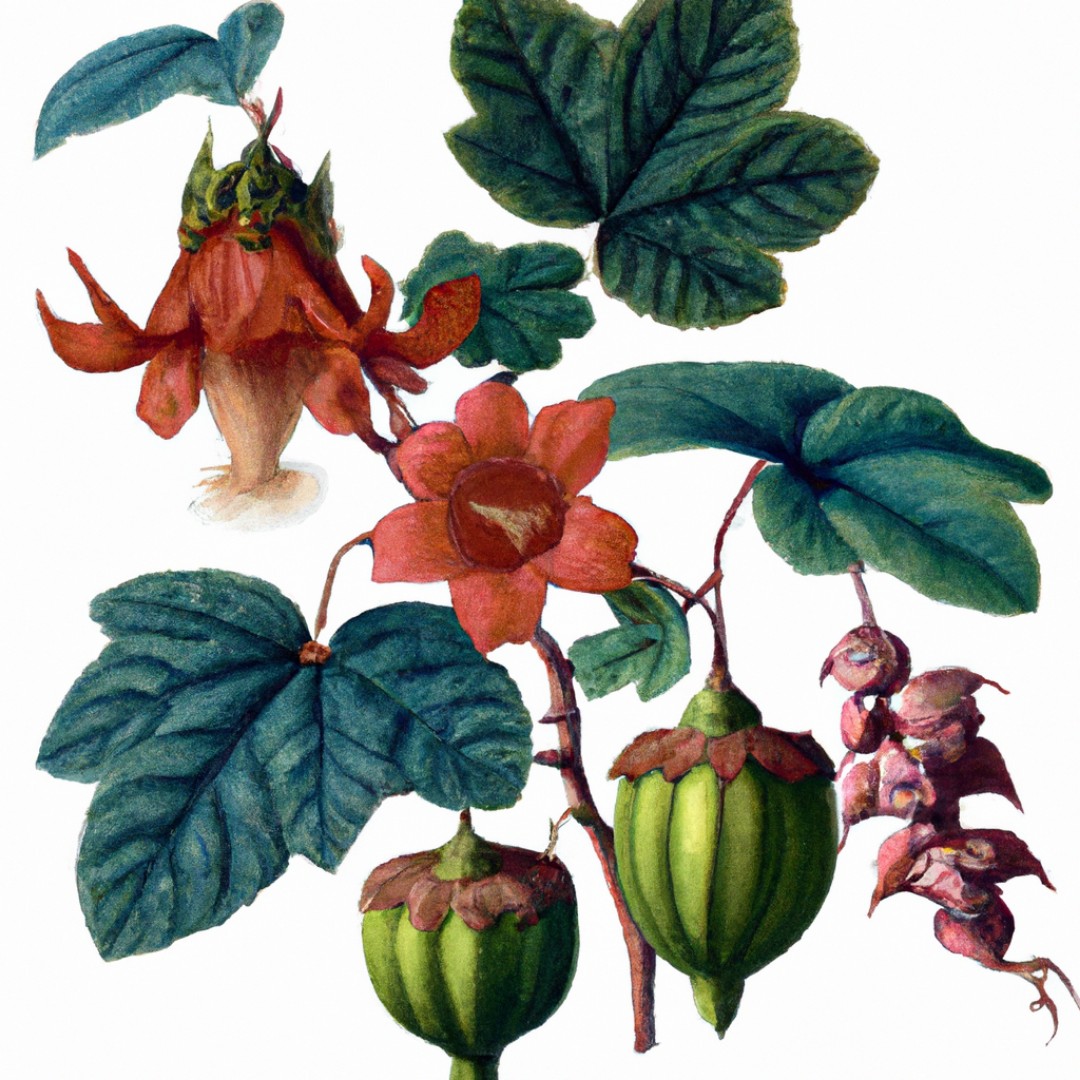The Ancient Relationship Between Man And Plants: Exploring Ethnobotany
Updated on
November 16, 2023

Ethnobotany
For as long as we can remember, man has shared a special relationship with plants. From providing essential nutrients to inspiring life-saving medicines and from providing soul-nourishing beauty to providing an anchor of stability in our daily lives, plants have been an incredibly important part of our lives. In this article, we explore the fascinating field of ethnobotany, the study of how people interact with and use plants. This timeless relationship, between man and plants, has been passed down generation after generation, and this article is an exploration of the evolution of this ancient yet unbelievably complex and beautiful relationship.
Follow us to keep learning!
Cheatsheet: The Ancient Relationship Between Man And Plants
Ancient Wisdom
- Humans have relied on plants for food, medicine, and shelter since ancient times 🌿
- Evidence of plant usage dates back 60,000 years 📚
- Traditional plant knowledge is often passed down through generations 👨🔬
Ethnobotanical Uses
- Plants provide natural remedies for various ailments and diseases 🧩♀️
- Over 25% of prescription drugs contain plant-derived ingredients 💊
- Indigenous communities rely on plants for self-sufficiency 🦥
Biodiversity Conservation
- Essential plant knowledge aids in preserving biodiversity 🌌
- 70,000 plant species are used medicinally ⚜️
- Many plants are threatened with extinction 🛑
Sustainable Agriculture
- Using ethnobotanical knowledge, sustainable farming practices can be developed 🌾
- Plants can enhance food security in vulnerable regions 🏠
- Traditional crops often possess high nutritional value 🥬
As I labored in my garden one sunny afternoon, the realization dawned on me: the seeds I held in my palm were more than just potential flora; they were links in an ancient chain that bound humanity and plants. It's the discipline known as Ethnobotany that makes us revisit this ancestral relationship.
Ancient Connections
I've often been struck by how plants and humans have co-evolved. Simply put, without plants, we would cease to exist - and without our intervention, many plant species might not have proliferated as they did. This mutual dependency is an intriguing part of Ethnobotany.
The first humans who recognized plants as sources of food, medicine, and materials, instigated a revolution which continues to this day. Just as they shaped the plant world, these early botanists wrote the initial chapters of human history.
Ethnobotany Around the Globe
Unraveling the botanical secrets of different cultures is a fascinating pursuit. Every culture knows a vast variety of plant uses that might never have crossed your mind.
Did you know the Efe people of Central African Republic, for instance, use different types of leaves as diapers for their children? Or that the Ashaninka community in Peru uses tree bark as an antiviral?
As an Ethnobotanist, what fascinates me the most is the diversity of knowledge about plants that different cultures have. - Mark Plotkin
A Garden of Knowledge
As gardeners, we've unintentionally become mini-ethnobotanists. The way we meticulously treat each plant varies due to their different requirements; it's a rich, empirical wisdom passed down through generations.
Every time we propagate a plant from a cutting or use companion planting to boost yield, we're embedding ourselves in this grand narrative. It's not just about green thumbs; it's about green hearts too.
The Role of Plants in Society
Ethnobotany teaches us to cherish the inherent worth of each plant. The knowledge of plants isn't simply about their use, but also about the cultural and societal roles they play.
Think about trees under which community gatherings took place, or flowers offered in religious rituals. In so many ways, plants have been at the very root of our society.
Preserving a Heritage
Today, Ethnobotany serves a crucial preservation role. Information about plants and their uses is vanishing rapidly with changes in lifestyle and culture. This forms one of my biggest motivations to garden - to keep a bit of that knowledge alive.
Our collective future may very well hinge on the wisdom enshrined in these ancient plant-human relationships. As gardeners, by understanding, acknowledging, and leveraging this wisdom, we are not just cultivating plants - we are cultivating humanity's very roots.
Frequently Asked Questions about Ethnobotany
Q: What is ethnobotany?
Ethnobotany is the study of the relationships between plants and people, focusing on how plants are used by different cultures.
Q: Why is ethnobotany important?
Ethnobotany is important because it helps us understand the traditional knowledge and uses of plants by different communities, which can be beneficial for medicine, nutrition, and sustainability.
Q: How does ethnobotany contribute to plant conservation?
Ethnobotany contributes to plant conservation by documenting and preserving indigenous knowledge about plants, which can be crucial in identifying valuable species and conservation practices.
Q: How can I learn more about ethnobotany?
To learn more about ethnobotany, you can read books and articles on the subject, attend ethnobotanical conferences, or even participate in local community projects focused on traditional plant knowledge.
Q: What are some examples of ethnobotanical practices?
Examples of ethnobotanical practices include the use of medicinal plants by indigenous healers, the culinary traditions that rely on specific plants, and the ritual or spiritual uses of certain plants in different cultures.
Q: How does ethnobotany relate to gardening?
Ethnobotany relates to gardening by inspiring plant choices based on cultural significance, promoting sustainable gardening practices, and increasing awareness and appreciation for traditional plant knowledge.
From the wild onion foraged by our distant ancestors on the Serengeti to the strawberries cultivated in our backyard gardens of today, plants have been a steadfast companion to mankind. We can celebrate this special bond and deepen our understanding of both the vastness of Nature and our shared, ancient history by exploring the fascinating world of ethnobotany. So let's get out there and dig deeper into the complex partnership we share with plants – the rewards of doing so are sure to bring us closer to the Nature that sustains us.





